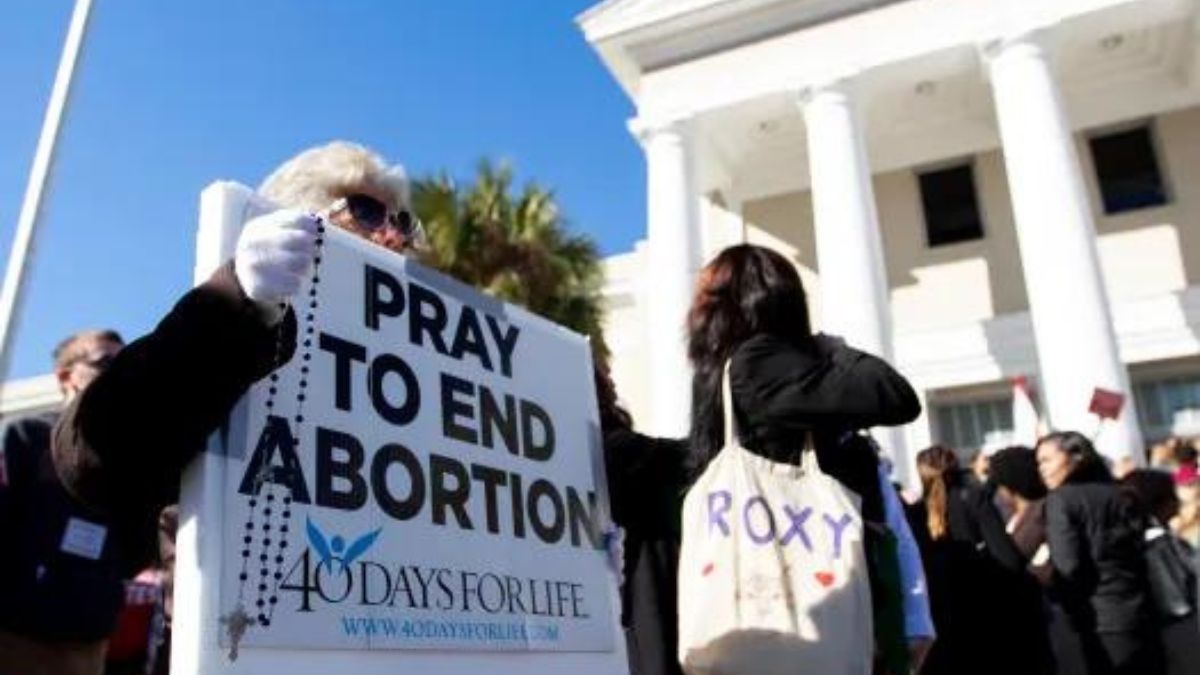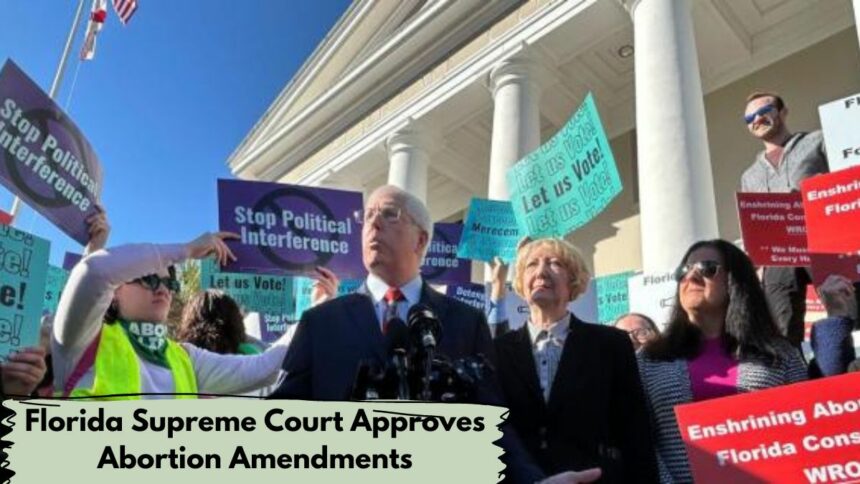The recent approval of abortion amendments by the Florida Supreme Court has sparked widespread interest and discussion. These decisions could have far-reaching implications for women’s reproductive rights in the state. Join us as we delve into the details of these amendments and explore what they mean for individuals and communities across Florida.
Florida Supreme Court Approves Abortion Amendments
The Florida Supreme Court declared on Monday that voters in the state will have the chance to establish the right to an abortion this November. This decision is expected to increase turnout for the 2024 presidential election and might cause problems for Republicans in all positions of the party.
If the bill is approved, it will repeal the state’s recent abortion restrictions, which the state Supreme Court also upheld on Monday in a different ruling. Florida would then become the latest GOP-controlled state to experience a backlash against reproductive rights following the Supreme Court’s 2022 overturning of Roe v. Wade.
BREAKING: Florida Supreme Court approves abortion, marijuana amendments for November ballothttps://t.co/KWxsOrzPst
— Allie Corey (@alliecoreyfox13) April 1, 2024
At the moment, Florida prohibits abortions following 15 weeks of pregnancy. In thirty days, the law that the justices upheld on Monday will forbid abortions performed before six weeks of pregnancy.
To pass, it must receive the support of 60% of voters. Before the February 1 deadline to place a referendum on the ballot for 2024, the amendment gathered almost a million state-certified signatures, which is significantly more than was needed.
The high court, which evaluates every initiative that qualifies for the ballot by determining whether or not voters can understand the language provided in the summary, was tasked by state Republicans with rejecting the bill.

However, the 81-page ruling that the seven justices of Florida released on Monday afternoon upheld the amendment, “Accordingly, we approve the proposed amendment for placement on the ballot. No rehearing will be permitted. It is so ordered.”
The state is now part of an increasing number of groups who are pushing for the voting of abortion and other reproductive rights issues, such as birth control and in vitro fertilization, in 2024.
In addition to Arizona, Arkansas, Colorado, Missouri, Montana, Nebraska, Nevada, and South Dakota, efforts are underway to place comparable measures on the ballots in those states. This November, voters in Maryland will have the opportunity to entrench abortion rights.
Last year, voters in Ohio and Kansas, both of which are headed by Republicans, approved constitutional amendments protecting abortion.
The president and CEO of the Center for Reproductive Rights, Nancy Northrup, stated in a statement, “This means every single voter in Florida will have the chance to vote to enshrine abortion access in their state constitution in November. Every single time that states have put abortion directly on the ballot, voters have chosen to protect it, and now, Florida voters will have the chance to do the same.”
In 2022, Lands lost the seat by 7 percentage points, and the results showed how vulnerable Republicans were on abortion and other reproductive rights issues. The results also came just after the state Supreme Court decided that embryos formed through in vitro fertilization are constituted people.
Take a moment to stay updated with the most recent news:




